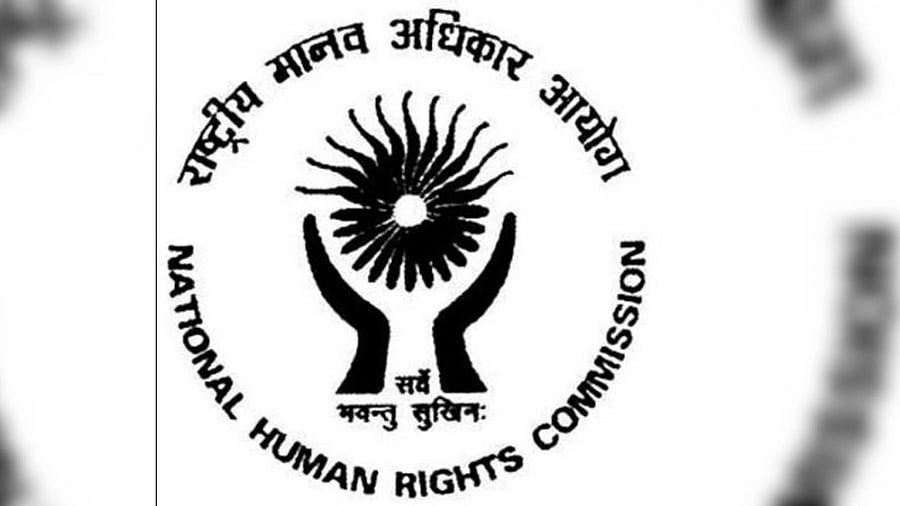
National Human Rights Commission (NHRC).
Credit: DH File Photo
New Delhi: The National Human Rights Commission (NHRC) has recommended that the government review the Juvenile Justice (Care and Protection of Children) Act, 2015 to include provisions specifically for transgender and gender-nonconforming children.
The recommendation comes after a survey assessing living conditions at Garima Grehs—shelters for transgender persons—revealed several gaps in policy and implementation.
Launched by the Ministry of Social Justice and Empowerment, Garima Grehs provide basic amenities such as shelter, food, medical care, and recreational facilities. Initially set up as a pilot with 12 shelters across nine states and Union Territories, the initiative has since continued under the central SMILE scheme.
The NHRC report recommends that transgender children be formally recognised as part of the disadvantaged groups under section 1(d) of the Right to Education (RTE) Act, 2009, enabling them to access government education benefits. The commission has also called for a comprehensive survey to assess the prevalence of gender-nonconforming children being disowned by their families.
The survey revealed significant delays in fund disbursement to shelters, with an average delay of 15 months. “The reimbursement-based funding model forces organisations to self-finance operations while awaiting reimbursement,” the NHRC noted. The report also suggested aligning rent rates with market conditions to ease operational challenges.
State-level disparities were also observed. In Maharashtra, district authorities facilitated easier access to certificates for transgender residents, whereas in Delhi, bureaucratic hurdles created significant challenges. In Bihar, residents could use the shelter’s address to obtain transgender certificates, while in Gujarat, certificates are issued only based on the Aadhar card address.
The NHRC highlighted that intersex or gender-nonconforming children often face abandonment by families if they join hijra communities, leaving them without access to education. Since the Juvenile Justice Act does not explicitly cover gender-nonconforming children, these children remain outside legal protection and childcare institutions.
The report also notes that while the RTE Act has improved access to education for marginalised groups, it overlooks gender-nonconforming children. Scholarships under the SMILE scheme are available from Grade IX onwards, but children below Grade VIII, who may require early support, remain excluded.
The NHRC’s recommendations aim to guide policymakers, civil society, and stakeholders to develop an inclusive welfare framework for transgender children and strengthen protections for vulnerable gender-nonconforming youth.